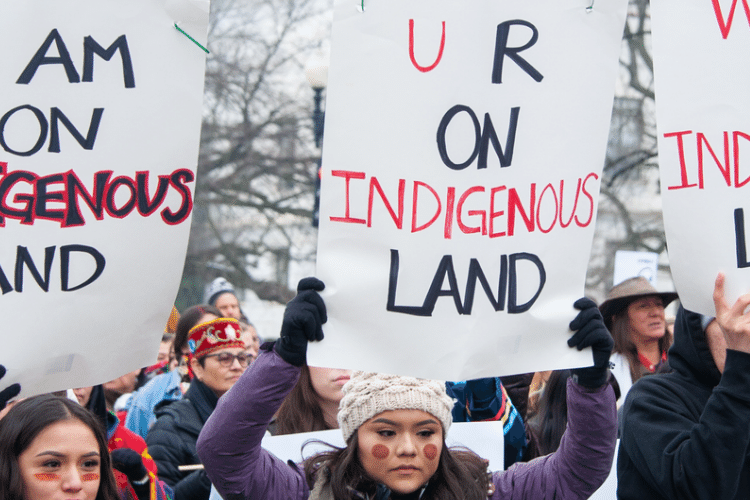Marginalized groups and communities are more vulnerable to corruption, according to Jim Fitzgerald from the Equal Rights Trust. Corruption feeds on discrimination and deepens inequality.
Speaking during the “Kept Behind by Discrimination and Corruption: Joint Approaches to Achieving Inclusive, Sustainable Development” session at the 19th International Anti-Corruption Conference, Fitzgerald said that people from marginalized groups often lack the economic, political, and social resources to fight back against corruption.
Marginalized groups include individuals who are exposed to discrimination based on sex, ethnicity, religion or belief, nationality, gender identity, age, or disability.
Fitzgerald gave an example from Russia, where some law enforcement officials use dating apps to entrap and extort money from the LGBTQI community. Same-sex intimacy is illegal in Russia. “That kind of corrupt practice can only exist because of the socially and legally disempowered position of the LGBT community in that country,” he said.
The risks can multiply for individuals who belong to multiple marginalized groups, as they are more exposed to several different forms of extortion and corruption. In Papua New Guinea, young people from mixed marriages are often discriminated against in land inheritance, according to Yuambari Haihuie, the Deputy Director at TI Papua New Guinea. “This results in other social harms,” Haihuie said.
Fitzgerald also noted how discrimination and corruption can reinforce each other. For instance, ethnic minorities or indigenous communities are more vulnerable to losing their ancestral land and are often unable to seek a remedy through a justice system that excludes them.
While the role of corruption in exacerbating the effects of marginalization is increasingly documented for some groups, notably women and girls, it remains generally understudied. New research is needed to create awareness about the relationship between inequality, discrimination, and corruption; and also mobilize public participation in the fight against discrimination and corruption.
“We need a joint approach by anti-corruption fighters and anti-discrimination activists to tackle these interrelated problems,” said Fitzgerald.
Campaigns must aim to build strong, competent, and inclusive institutions and extend the protections of existing legislation to those groups slipping through the cracks.


